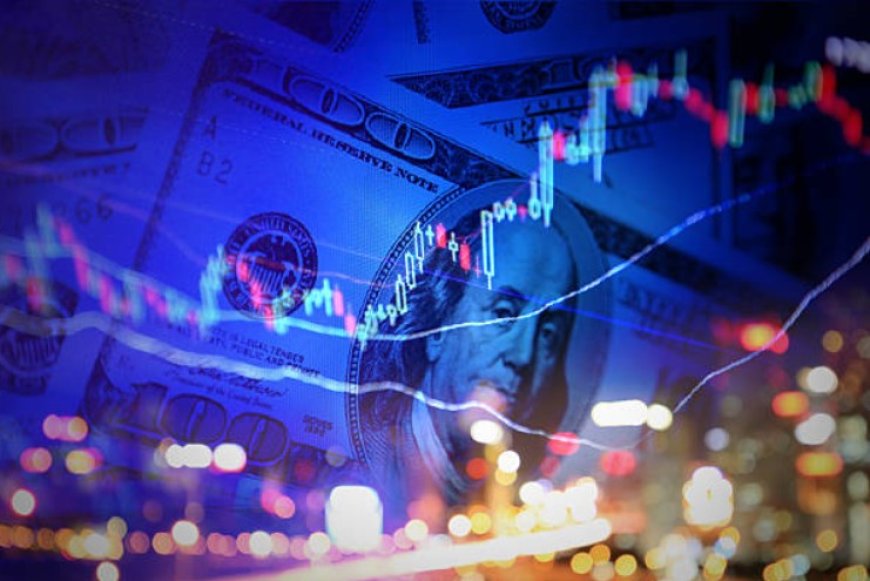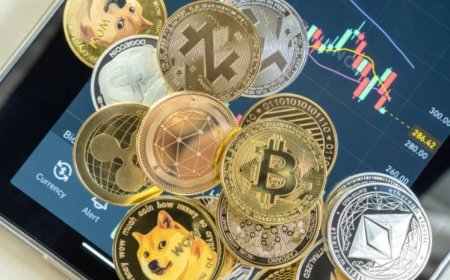Is the money supply endogenous? Exploring the complex relationship between the economy and the central bank
A look at the factors that influence the amount of money in circulation, and what it means for economic policy.
Is the amount of money endogenous?
Economists have argued over the complicated issue of whether the money supply is exogenous or endogenous for a long time.
Endogenous refers to the idea that elements in the economy, such as the need for loans and banks' lending intentions, control the amount of money in circulation. Exogenous refers to the idea that the money supply is influenced by variables outside of the economy, such as the monetary policy of the central bank.
Arguments for an endogenous money supply include the following:
Commercial banks are important in the production of money. A bank creates new money in the form of deposits when it provides a loan. Bank production is influenced by both the demand for loans and the banks' willingness to make loans.
The money supply is not entirely within the jurisdiction of the central bank. While the central bank has the authority to determine interest rates and reserve requirements, this action has no direct impact on how much money banks generate.
Arguments for an exogenous money supply include the following:
* The ability to print money is monopolized by the central bank, giving it the ability to regulate the amount of money in circulation.
* The central bank can utilize its monetary policy to affect the amount of money in circulation. For instance, it can buy or sell government bonds to add or remove funds from the economy.
Conclusion:
The question of whether the money supply is exogenous or endogenous is still up for dispute. Both sides of the debate are supported by evidence. In the end, the truth most likely lies in the middle.
In reality, a combination of endogenous and exogenous forces control the money supply. While commercial banks and other economic actors have a significant influence on how the central bank manages the money supply, it is also subject to their decisions.
Impacts on economic policy include:
The issue of whether the money supply is endogenous or exogenous has significant ramifications for economic policy. If the money supply is endogenous, the central bank's control over the economy will be constrained. However, the central bank has more potent weapons at its disposal if the money supply is exogenous.
Today, the majority of economists hold that the money supply is endogenous. This indicates that while the money supply is not entirely within the central bank's control, it is nevertheless subject to its monetary policy. Monetary policy should be used by the central bank to promote growth and stability in the economy.














































































































































































































